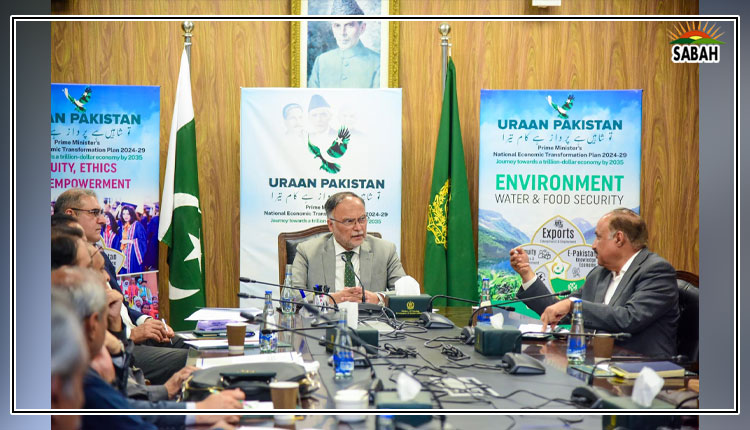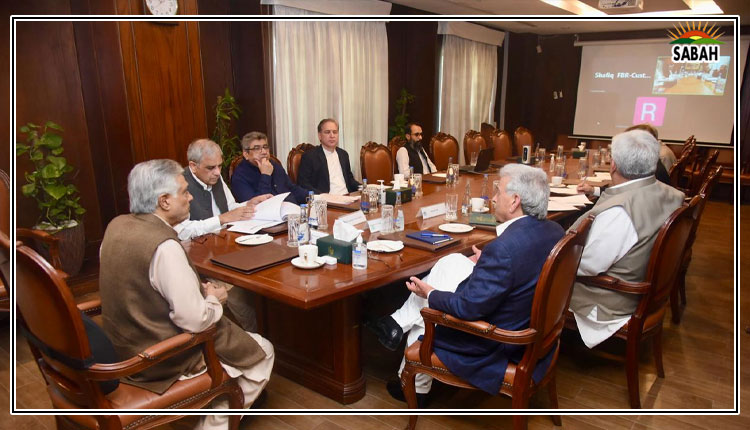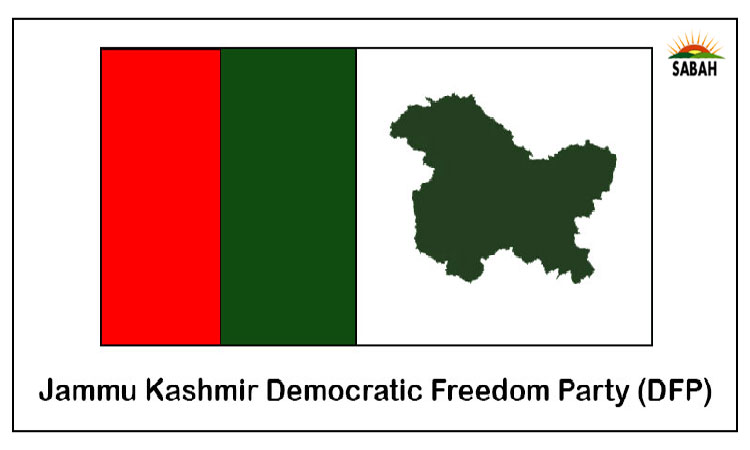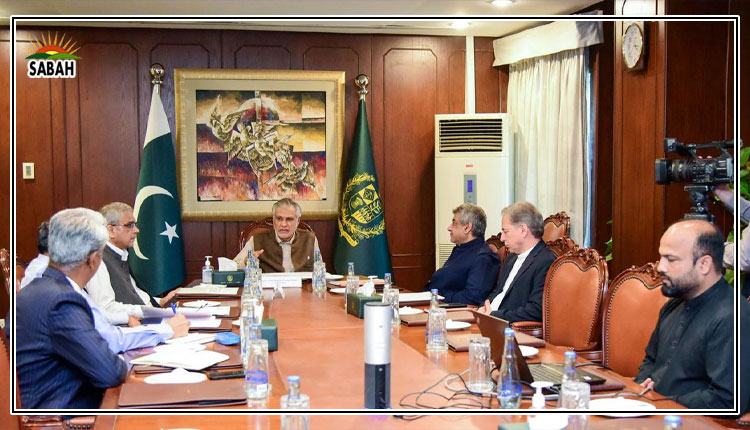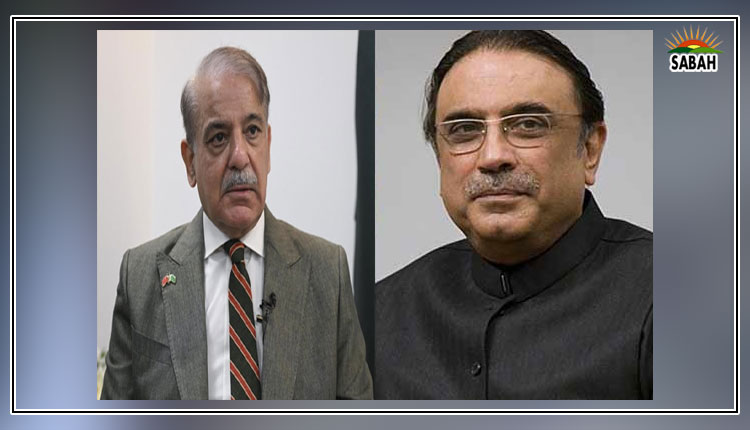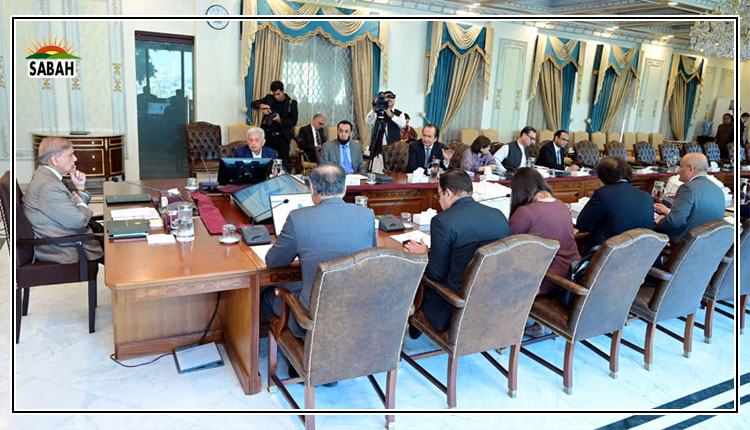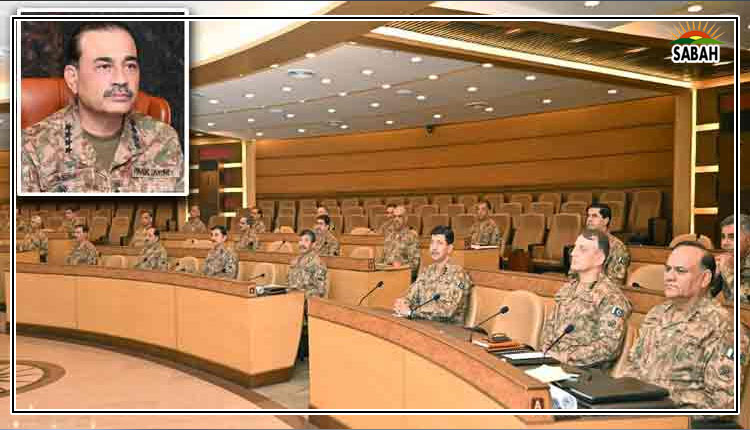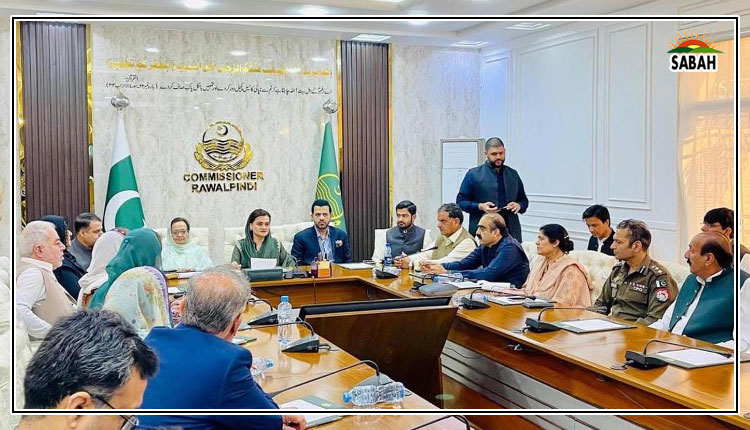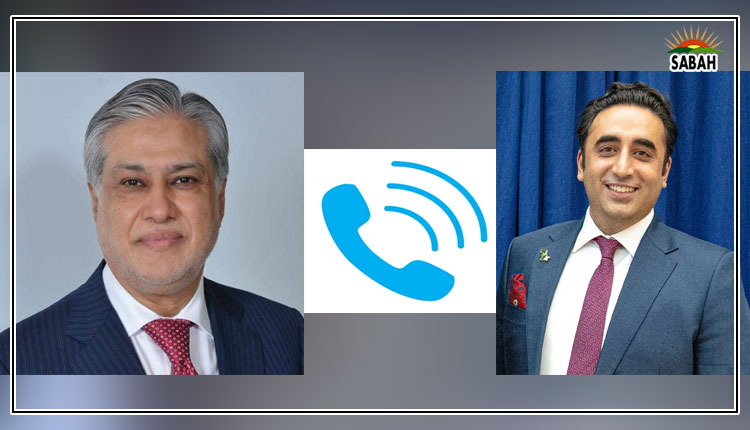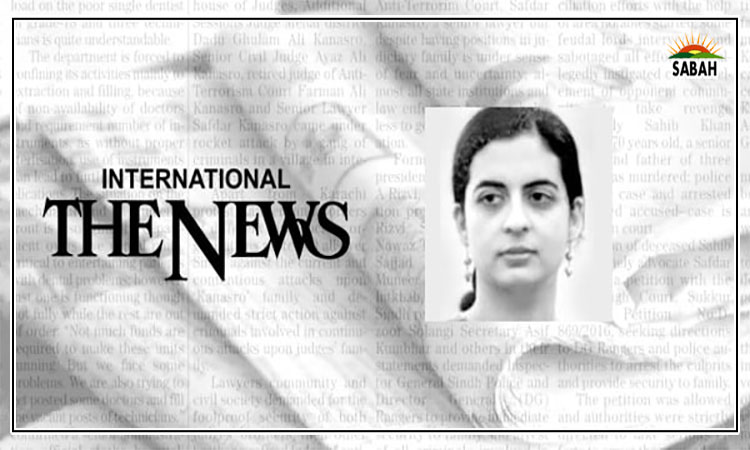Lost without a map ….Kamila Hyat
The latest electoral exercise in 2024 has left behind a deeply confused and divided nation. There is an element of absurdity in the situation that exists, and the only thing we can be relatively certain about is that any government formed will not be a stable one – and perhaps not a viable one at all.
This is not the best situation for Pakistan at a time when it stands in a cesspool of immense economic stress and must go into a new IMF programme by March this year. But of real concern to people is the question of price inflation, notably in the cost of food items. The reason for the recent increase in the prices of medications, except those on the central list, is that the government wished to prevent international companies that had threatened to leave the country because fixed drug prices were not enough to meet manufacturing costs.
However, this move will only endanger more lives and create more hardships for people. In his first stint as PM, Shebhaz Sharif, who is all set to enter the prime ministerial office once again, had promised that drugs would be made available for free in hospitals in Punjab, but this after all is only a promise. People have seen many such promises being broken in the past, and there is no reason to believe that things will be different this time around.
The Human Rights Commission of Pakistan (HRCP) has meanwhile asked for an alteration and pointed out a faultline in the constitution which fails to consider healthcare as a basic right of the people. The human rights organization states that this loophole must be fixed as soon as possible.
We also know by now from the assessments of various analysts and from writings around the world that education may hold the key to Pakistan’s future. The current situation where parents are being forced to pull children out of school because of rising inflation is obviously not promising. But we have seen an increase in school enrolment in all four major provinces over the past decade, and this holds out some hope. But in truth does it?
Assessments by educational experts say that on average a child in Class 3 for example cannot meet the standard of his or her peers around the world and that 79 per cent of children in Class 5 are unable to put together a sentence of any quality in any language, unlike what is expected according to international standards. The quality of schooling is then an immense problem. There is no point in rolling children into a system which fails them.
There is some controversy over whether parents, including parents who have completed formal education, realize that their children are not being taught as they should be. There is some evidence that they do know and that this is the most frequent reason for children dropping out of schools by Class 5.
The failure to build a structure in which the primary foundation of schooling is secure affects learning at the higher levels and the performance of our universities which rank low on the list of similar institutions around the world. In terms of education, we can compare ourselves only to sub-Saharan African countries, with every South Asian country having performed better than Pakistan.
This is something to ponder. There is much doubt over whether any government is capable of putting right the immense problems of Pakistan. The argument goes that education is fundamental to growth in the economic field and that we need highly skilled labour as the youth bulge builds in our country and must adapt to a world where AI and other technology are fundamental to success in so many different fields. This is one of the challenges which will face any new government.
There are of course many, many others. The situation of our cities, of our transport, of strategies to deal with environmental pollution, the lack of drinking water available to people, and so many other factors are all those which place Pakistan in grave danger. So, something has to be done quickly to try and resolve at least some of these situations.
The problem is that nothing has been done for far too many years. While people continue to follow the day-to-day drama of politics and political claims in the country following the most controversial poll in our history, there is hardly any focus on the important issues. At the moment, this is certainly not happening. The manifestos put forward by the various parties did in some cases mention the problems and suggested solutions. But given our past record, there is much question of whether budgets can be found to meet the costs of the strategies suggested to put right all that is wrong.
In other words, we have a country with no direction to follow. We have lost people. We have a situation in which there is no roadmap through which we can reach success of any kind. This is essentially a quantum disaster. Things need to be put right, and this has to be done right quickly. To do so, we can look around us at the achievements of other nations in South Asia. But eventually Pakistan has mined its own route forward.
The question of taxation and the lack of people who are properly taxed has come up again and again. It is quite obvious that investment in property, the most common form of investment in the country, is doing more harm than good. This is especially so as property is not taxed and we have not seen major landforms since the inception of Pakistan. This of course is in vast contrast to India where land reforms were introduced under Jawaharlal Nehru soon after the country appeared on the map of the world as an independent post-colonial entity.
We have learned little from history. What we do see is that young people are desperate and are staging protests as well as making other calls for help and leadership that can offer them some direction for the future. At present, such leadership does not appear to be available. We can only hope it will be found, from where it is difficult to say.
Student unions have remained banned in the country since the early 1980s when General Ziaul Haq took the step of demolishing the existing ones. The nurseries for political growth have vanished, and so have trade unions – another nursery from where political leaders of the future have appeared. We need to put these matters right.
We also need to build our young people as we see the huge numbers they form as part of a rapidly growing population. Indeed, the fact that the population is growing so quickly is in itself a potential disaster.
We have a clear demonstration of how people are thinking and the manner in which votes were cast. The problem is that for these people, the election really means nothing at all. Even without a government, we struggle on in life as individual entities with each household and each person trying to survive as best he or she can. Families struggle, some survive, some do not and no one seems to care at all.
The writer is a freelance columnist and former newspaper editor. She can be reached at: kamilahyat@hotmail.com
Courtesy The News



